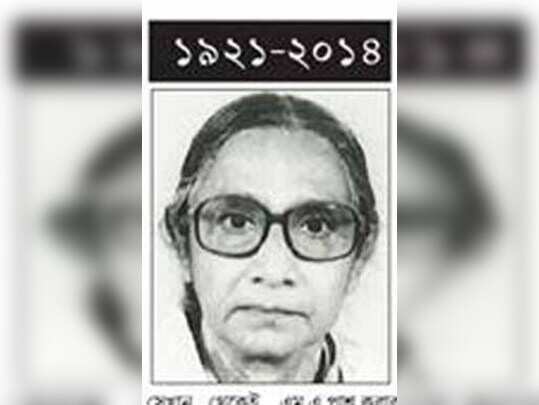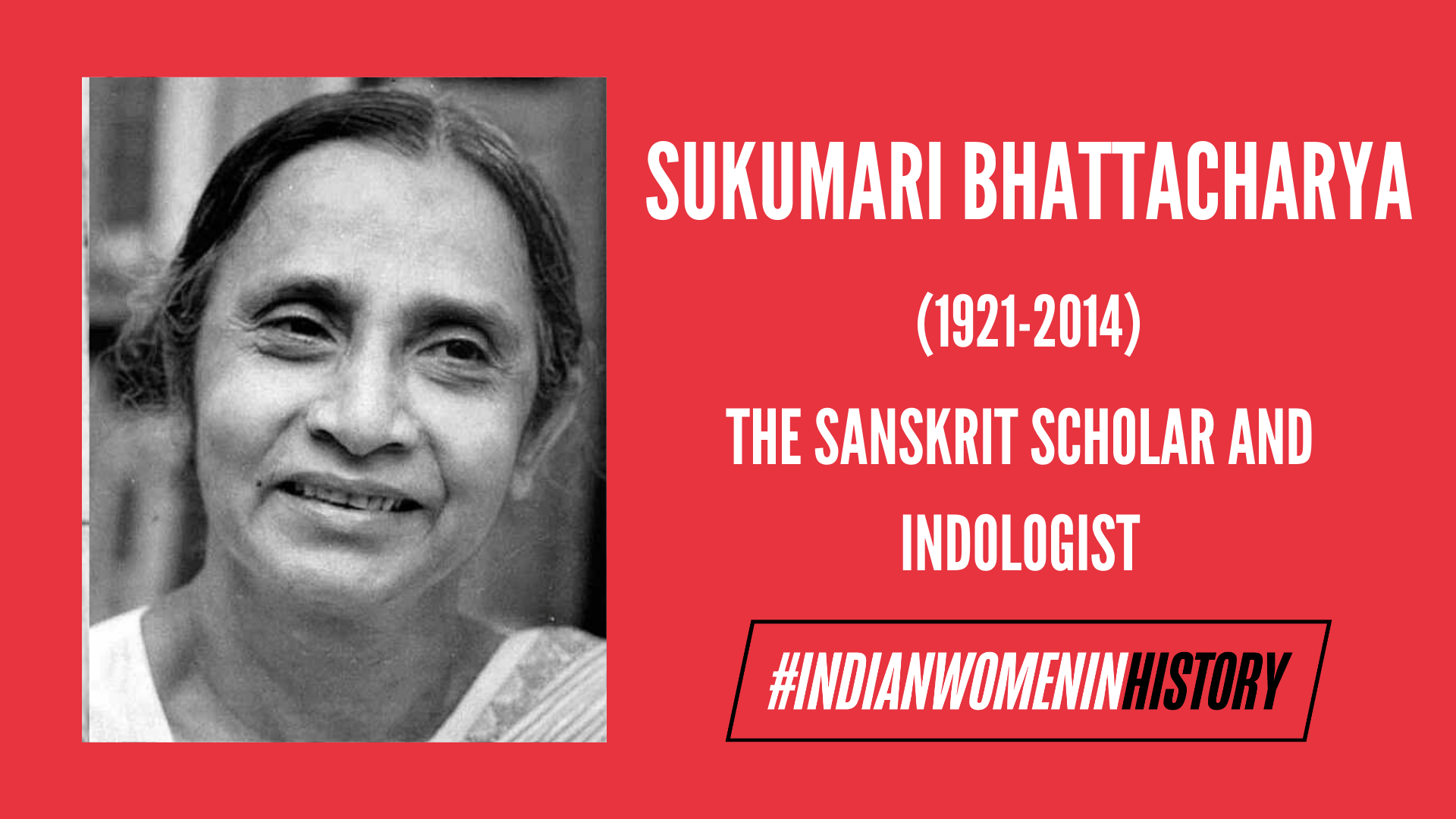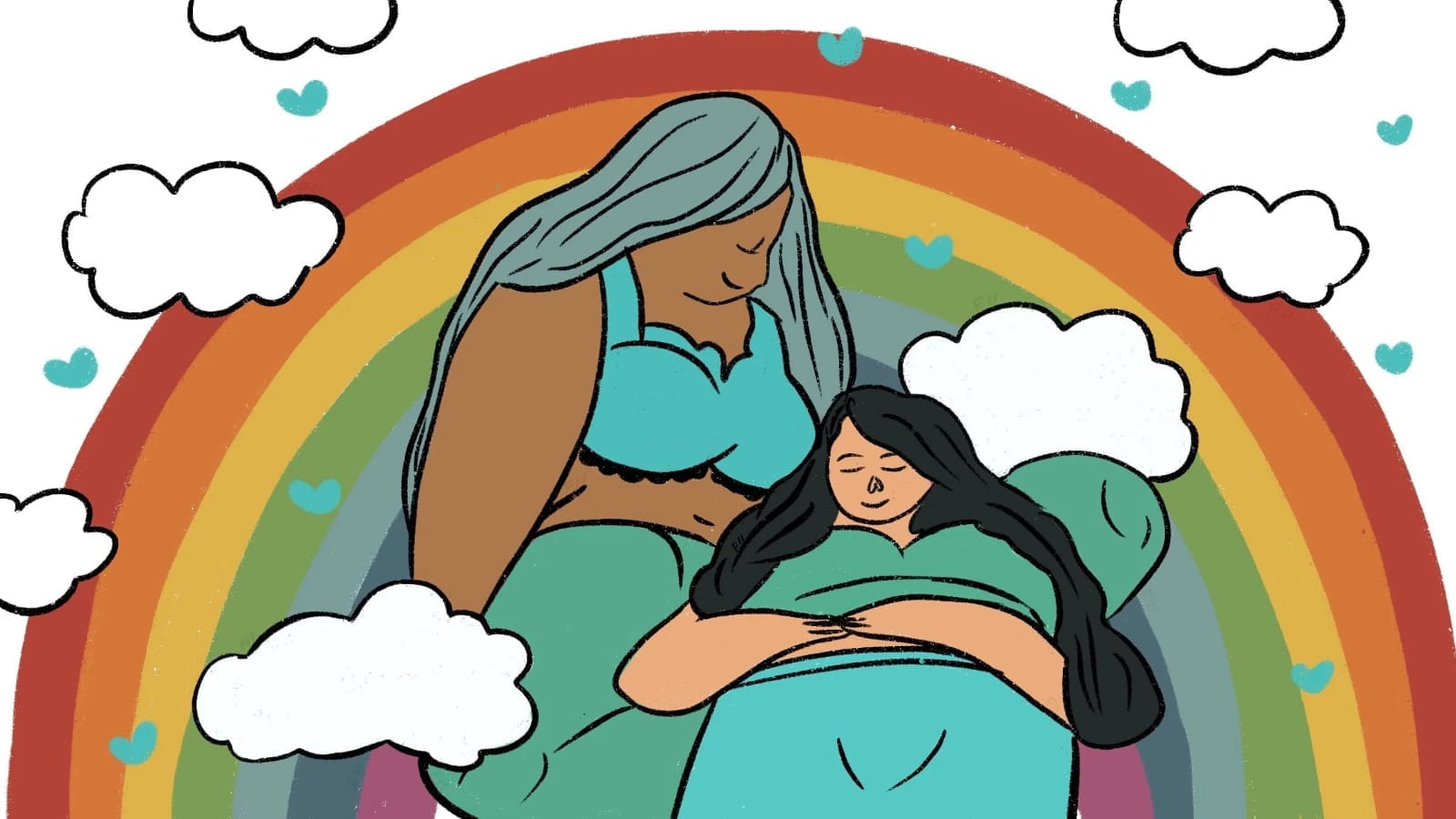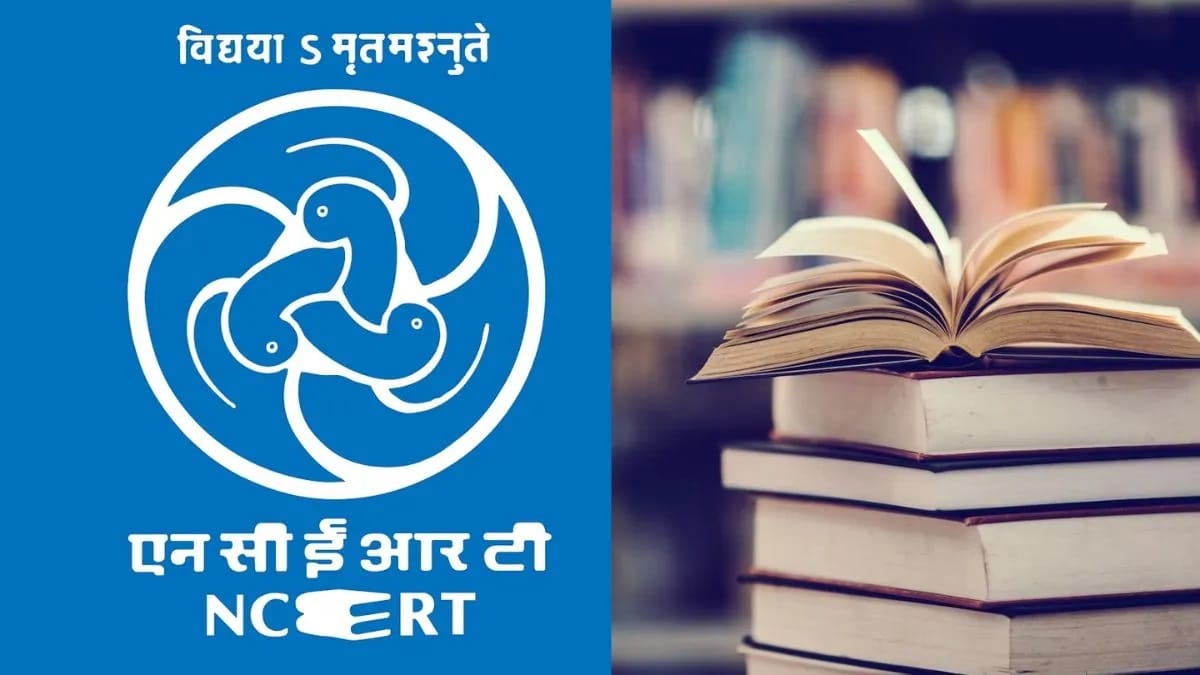Remember the woman who translated Mrichchhakatika (the Sanskrit play written by Sudraka) in Bengali? She had a tremendous command over so many languages beginning from her vernacular Bengali to Sanskrit, English, German, French, Pali and the list only gets longer. Her adherence to secularism, her engagement in almost all the avenues of language and her involvement in different branches of philosophical understanding made her one of the greatest luminaries of her time. She is Sukumari Bhattacharya; mostly known as the author of Indian Theogony: A Comparative Study of Indian Mythology from Vedas to the Puranas published by Cambridge University Press in 1970.
Sukumari Bhattacharya’s adherence to secularism, her engagement in almost all the avenues of language and her involvement in different branches of philosophical understanding made her one of the greatest luminaries of her time.
Also read: Lila Majumdar: Bengal’s Beloved Storyteller | #IndianWomenInHistory
Sukumari Bhattacharya was born in Midnapore (India) on July 12, 1921. She is best known as an indologist but her identity is not restricted to this single adjective. She is the author of Women and Society in Ancient India (1994), Legends of Devi (1995) and many notable works. Sukumari Bhattacharya dared to question the scriptures to investigate the status of women in the society in ancient times. This year is the birth centenary of Sukumari Bhattacharya, who started her career as the professor of English at the reputed Lady Brabourne College of Calcutta.

Sukumari Bhattacharya, born Sukumari Dutta, was a converted Christian. She came to Calcutta in her early years, finished her school education from St Margaret School and then graduated from Victoria College. She was denied admission to Presidency College (Calcutta) because girls those days were not allowed to get enrolled there. From her early childhood, her mother Santabala Dutta taught her to be bold and outspoken. Her father Sarasi Kumar Dutta developed her interest in history, philosophy, literature and in different languages.
A memorable incident from her school days is when she was asked to follow the Girl Guide Promise but she outrightly denied to follow it. The Girl Guide Promise is a pledge taken in favour of the rulers of the country. This is how it went: “I promise, on my honour, to be loyal to god and the king and to the country.” It was not possible for Sukumari Bhattacharya to utter this because of the integrated nationalist stance that she had nurtured in herself from the early days of her life. Given how India was under the British rule at that time, Sukumari Bhatacharya could never bow down in front of the British rulers. Her patriotism, atheist philosophy, sense of self-esteem and above all, her multifaceted engagements to academics add a special weight to her personality. Her philosophy of life is believed to be inspired by Rabindranath Tagore.
Given how India was under the British rule at that time, Sukumari Bhatacharya could never bow down in front of the British rulers. Her patriotism, atheist philosophy, sense of self-esteem and above all, her multifaceted engagements to academics add a special weight to her personality. Her philosophy of life is believed to be inspired by Rabindranath Tagore.
Sukumari Bhatacharya was a brilliant scholar throughout her life. Despite being the first rank-holder in Sanskrit Honours, the University of Calcutta did not award her the Ishanchandra Ghosh memorial scholarship because it was granted by the awarding authority only to those who belonged to the Hindu religion. Sukumari Bhatacharya’s high sense of self-worth did not let her pursue Masters in Sanskrit at that time even though the university didn’t deny enrolling her. That is when did her Masters in English and became a Professor of English at Lady Brabourne College.
Sukumari Bhattacharya married professor Amal Bhattacharya (who taught English at Presidency College in Calcutta). From her early days she was a staunch believer of the Leftist political ideology. She would study the Vedic literature thoroughly. From her deep understanding and investigation, Sukumari Bhatacharya found that women and people of the lower-caste communities never enjoyed equal rights as upper-caste men. She cited examples from Vedic Samhita, Brahman, Aranyak and the Upanisads to prove that women did not enjoy equal status like men during those days.
A great Sanskrit scholar who always judged everything in terms of logic, Sukumari Bhattacharya found that several of the scriptures were full of prejudices and denied equal rights to women. Her attachment to classical literature, scriptures, the Vedas and the Upanisads brought her back officially into the field of Sanskrit. In 1954 she pursued Masters in Sanskrit–a subject she was deeply passionate about and excelled in the field. Buddhadeb Basu, one of the notable figures in the Bengali intelligentsia, invited her to teach Comparative Literature at Jadavpur University, Kolkata. Sukumari Bhattacharya accepted his proposal and started teaching there.
She pursued her PhD in 1964 and the Cambridge University offered her a Clare Hall fellowship from 1966-1967. Professor Sushilkumar De, one of the luminaries of Jadavpur University brought her to the Sanskrit department and thus she started teaching Sanskrit at the University till her retirement in 1986.

A woman of her potential dedicated her entire life to research. Sukumari Bhattacharya was against the oddities and eccentricities, pretensions and perversities of organised religion and rejected whatever denied logic. Her lifelong dedication to research has produced works like Literature in the Vedic Age (Two Volumes- 1984 and 1986), History of Classical Sanskrit Literature (1993), The Gita: Its Why and How (2013), Myths: Vedic, Buddhist and Brahmanical (1993) and also many books written in her vernacular. In one of her books in Bengali language, Bibaho Prosonge (On the issue of Marriage) she has quite clearly talked about the freedom of women regarding the selection of her husband. She has always tried to find out how in the name of morality and religion the patriarchal society has robbed off women’s freedom and their rights are denied.
Also read: Jyotirmoyee Devi: A Writer Who Documented Gender During The Bengal Partition/ #IndianWomenInHistory
In her opinion, women’s contribution has a lot to do in the development of civilization. She has repeatedly talked about women’s freedom of expression and their right to live a dignified life but not in the way we categorise her as a feminist. Her demise in 2014 has made a great vacuum in the academic field. Sukumari Bhattacharya will remain alive in our hearts through her works because someone is best remembered always by his/her activities. Analyzing women’s status from ancient times and showing them new avenues to freedom she has created a new dawn in women’s lives.
About the author(s)
Dr. Trayee Sinha is Assistant Professor of Women's Studies at Diamond Harbour Women's University. Her area of interest is gender studies and postcolonial literature. She is interested in exploring 'her'-stories and prefers to examine intersectionality in the discourse of gender.




